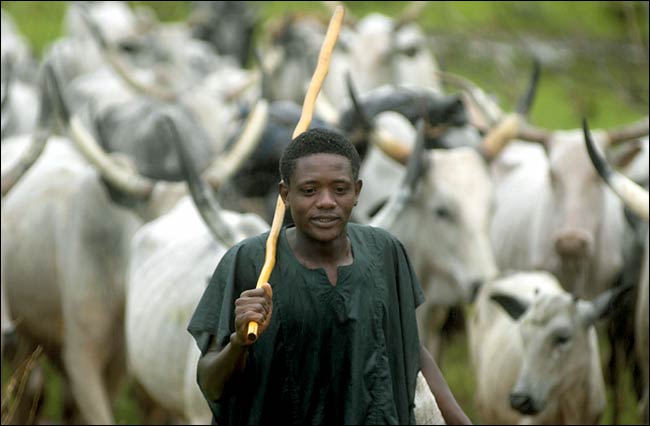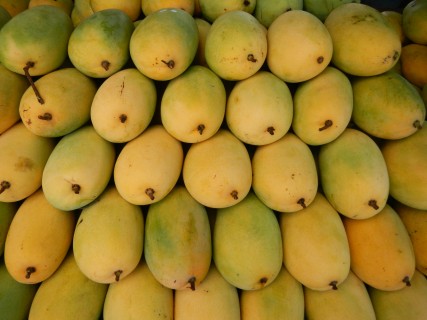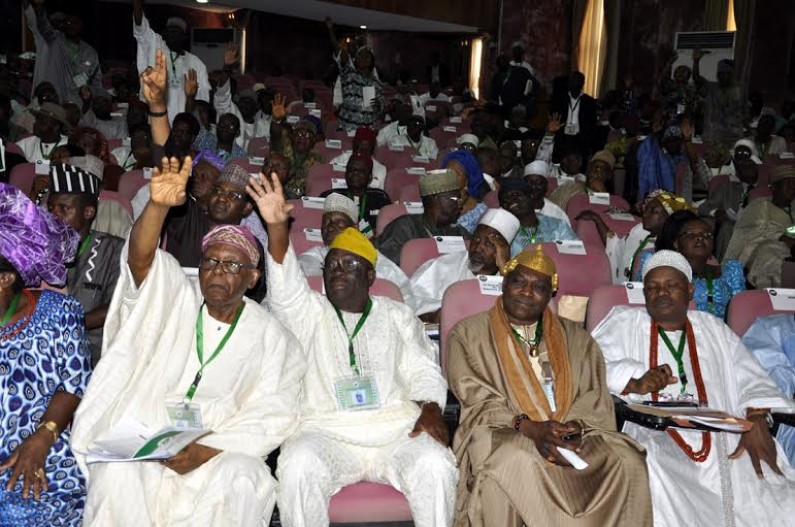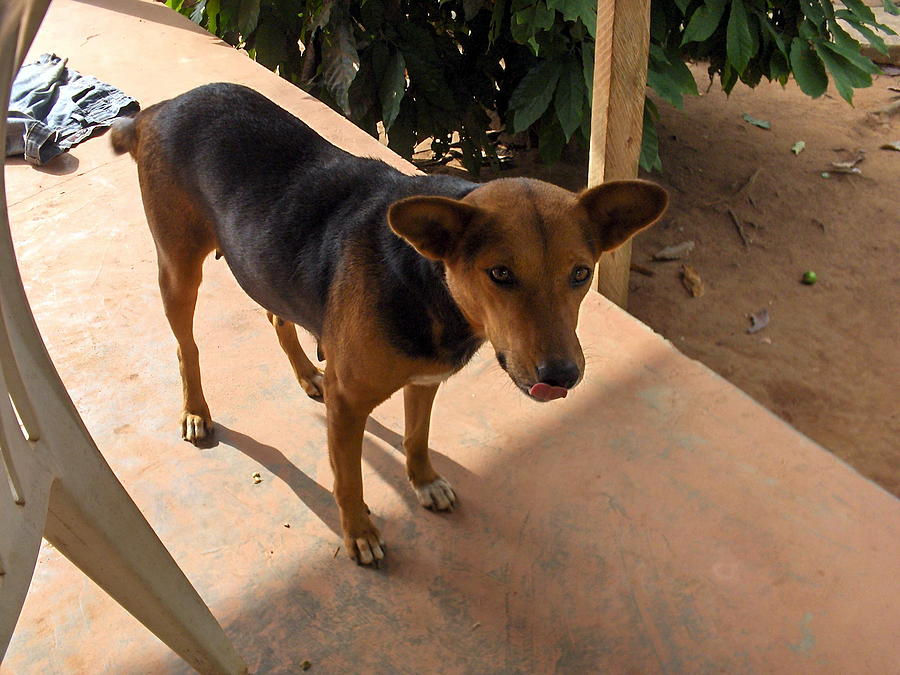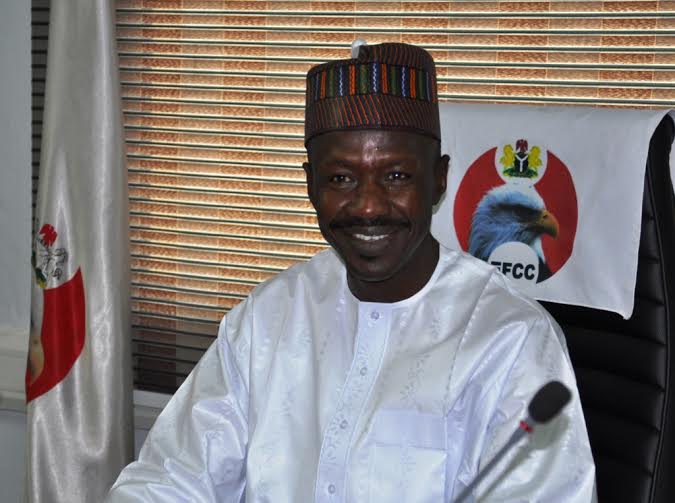It is not a question of whether there will be another mass murder by herdsmen, it is actually a question of when and where the next killings could be. Climate-induced migration to the south – as a result of drought, food shortage and unusual weather in the north – of herdsmen will keep provoking social tensions.
It is not surprising that the resulting colonies of Fulanis, who make the bulk of these herdsmen, are always at loggerheads with their host.
The recent killings in Enugu, barely four months after scores were killed in the same state, paint pictures of what to expect in the coming months.
Instead of addressing the root causes of these conflicts, a politically expedient argument had been bandied about: Many believe, including very senior politicians, that these killer herdsmen are mostly non-Nigerians.
Advertisement
It seems the purpose of this argument was to reduce the aggression between Nigerians, and to redirect the aggression to foreigners. Well, it doesn’t really matter. Besides, the strong tie between the Fulanis in Nigeria and those in the rest of West Africa makes Nigeria home to most of them.
Besides, a number of Fulani groups in Nigeria have provided insights into these attacks. It has always been a case of revenge. Both the herdsmen and their host communities blame the authorities for not acting anytime their own people are killed.
For instance, let’s take the case of the Benue massacre. Saleh Bayeri, a prominent member of the Gan Allah Fulani Association, told reporters that the February bloody conflict in Benue was a reprisal attack. Bayeri explained how attacks by Agatu farmers on some Fulani herdsmen resulted in pain and anger within the Fulani community of West Africa. [Note the West African tie]. So, the plan for a reprisal attack was nurtured.
Advertisement
Contrast this with the response from Enugu indigenes after the gruesome killings this week. There is a strong feeling of pain and anger in the south, with the possibility of a reprisal attack. Even the wise counsel from the governor, Ifeanyi, Ugwuanyi, who appealed for calm, was criticized by some young and angry indigenes of Enugu, who saw him as a coward. Many in the south are calling for self-defense.
It seems the pain is mutual. And this has the potential of metamorphorsizing into a full-fledged war. Why? There are series of social factors which have come into play.
For instance, religious intolerance between herdsmen and their host has the potential of escalating this crisis. Today, many Muslim and Christian leaders interpret their respective actions with suspicion. And this could worsen the relationship between herdsmen, who are predominantly Muslims, with their Southern landlords, who are Christians. The US Secretary of State, John Kerry, recently got a feel of this from the Christian Association of Nigeria when he ‘innocently’ visited the Sultan, without paying a similar visit to Christian leaders.
Also, the pressure on land, water, arable farmland and other economic resources are currently the biggest factors igniting these conflicts. It has always been a case of cow grazing over someone else’s farmland. And these pressures on land and natural resources are not about to go away.
Advertisement
In fact, as these herdsmen settle in their host communities, they multiple very quickly by procreating. And this puts enormous pressure on scarce resources in their host communities.
As some of their mostly uneducated offspring who are not within the formal economy grow, the chances of engaging in crimes such as kidnapping, robbery and rape increase exponentially.
Though not all young and uneducated herdsmen turn out to be criminals, some kind of stereotyping, from host communities, rubs off on most of them. And this increases the ill-feeling between herdsmen and host communities.
Sadly, these social problems will continue to fuel conflicts between these two groups. And the cost of establishing ranches, which could have grasses imported from abroad, would continue to militate against dousing these conflicts.
Advertisement
Because the mutual suspicion between these two very different groups of people would not allow grazing zones to be established, ranching seems the most plausible solution.
And this should be implemented quickly. The argument that ranches are private businesses and that government should not invest money on them makes a lot of sense, but should be discarded, at least for now. Though the real owners of these cattle could be considered rich, the fastest way to reduce these conflicts is to constrain these herdsmen to artificial ranches.
Advertisement
Government needs to build these ranches with public money, or even borrowed funds, as quickly as possible. Herdsmen should be made to pay back these loans, anyway. This, in my view, is more important than oil exploration in the north for now.
Else, who knows who the next seminarian or pregnant woman to be killed would be?
Advertisement

